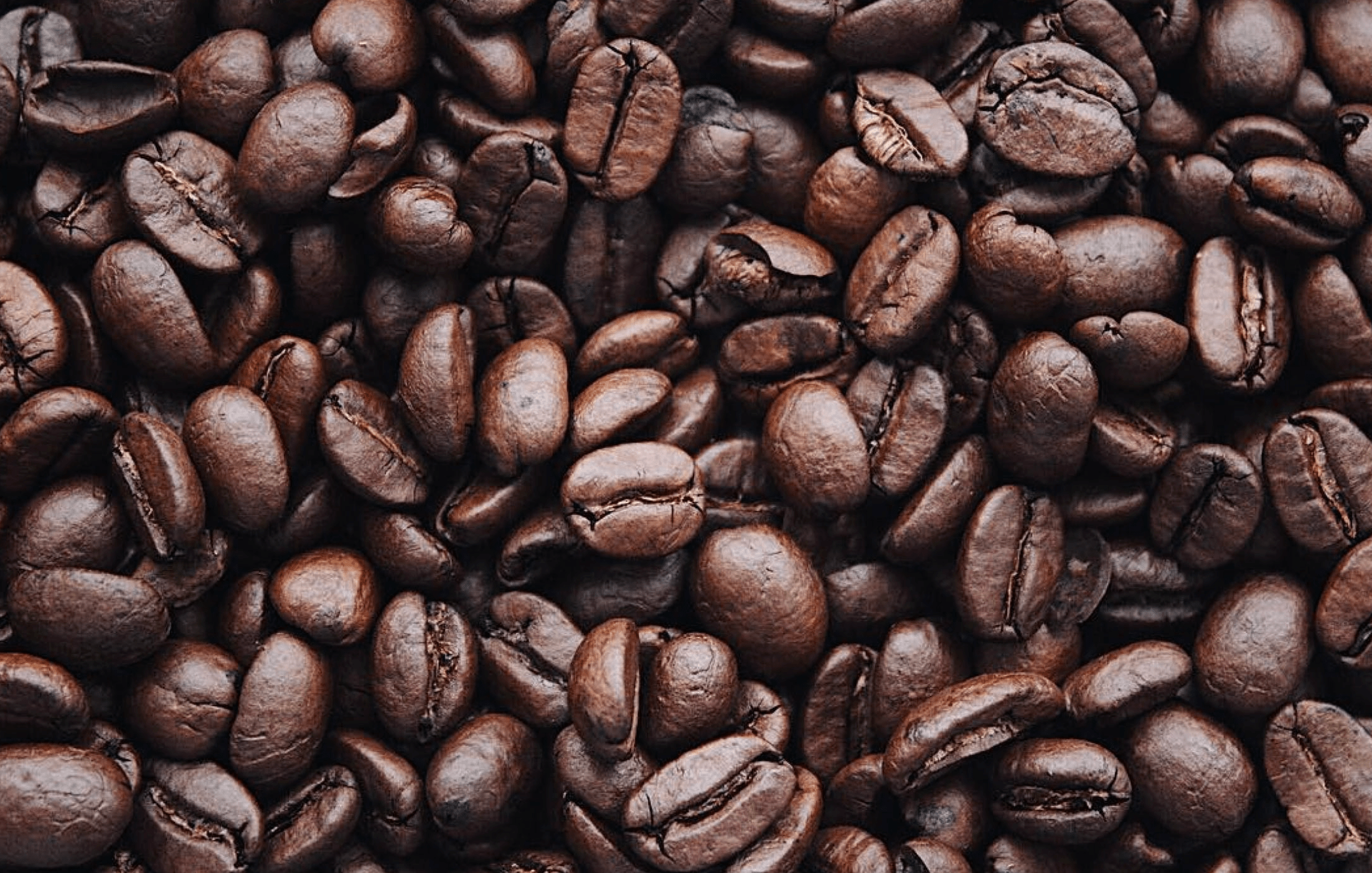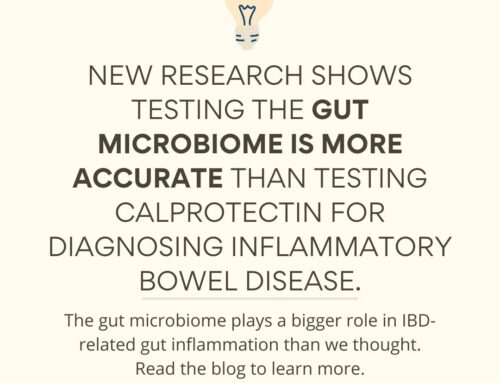What’s the deal with gut health and caffeine? Like most things, there are pros and cons. Let’s dive in.
Caffeine and Motility
Caffeine increases motility. Yep, you know what we mean. Ever drank a large coffee and found yourself running to the bathroom 15 minutes later? That’s a classic example of a motility ramp-up.
Motility refers to the speed at which your body digests and expels food. Fast motility might look like going number two several times a day (think diarrhea). Slow motility might look like going every few days (think constipation).
We want to find a happy medium with motility: not too fast, not too slow.
Since caffeine speeds up motility, it might be helpful for someone who experiences constipation or slower motility. However, if you’re someone who deals with diarrhea or fast motility, too much caffeine might be a pain in the butt (literally) for you.
Caffeine and Polyphenols
Typical sources of caffeine tend to contain copious amounts of polyphenols. That’s a win for your gut!
Back up – what are polyphenols again?
Polyphenols are chemical compounds found in plant foods that reduce inflammation by fighting off free radicals. They are particularly supportive for gut health.
Coffee is the largest source of polyphenols in the American diet. Surprising, huh? Coffee comes from the coffee bean, which is rich in anti-inflammatory polyphenols. Other sources of caffeine like black tea or matcha green tea are potent sources of polyphenols too.
If caffeinated drinks are your primary source of polyphenols, it might be a good idea to keep drinking them.
Caffeine and the Microbiome
Preliminary studies associate caffeine sources like coffee with higher counts of beneficial gut bacteria strains like Bacteroides. Increased counts of beneficial bacteria are usually beneficial for gut health.
But we aren’t sure if coffee drinkers have healthier microbiome compositions for other reasons. Perhaps coffee drinkers tend to consume more nutritious diets than non-coffee drinkers. We’ll let you make your own guesses on that one.
Either way, these preliminary studies seem to suggest that coffee might support your microbiome – and it doesn’t seem that coffee harms it. So, drink up!
Avoiding the Shakes
Some of you might be thinking, well, caffeine makes me shaky. Is there a way I can acquire its benefits without bouncing off the walls? Yep!
Some people metabolize caffeine very quickly, while others take a while to process it. Those that metabolize caffeine quickly often experience shakiness upon consumption. Your rate of caffeine metabolization is determined mainly by genetics.
There’s a little-known compound called l-theanine that slows caffeine metabolism. When combined with caffeine, l-theanine gives users a gradual, steady pump of caffeine over several hours rather than the burst and crash associated with energy drinks and coffee.
Are you looking for l-theanine? Try matcha green tea. It’s rich in both caffeine and l-theanine.
Caffeine: It’s All About the Source
The trick with caffeine is ensuring that you’re consuming a healthy source of it. Many sources of caffeine contain whopping amounts of added sugar, artificial additives, and non-organic dairy.
As much as we love them, we can’t defend Red Bulls and iced caramel macchiatos with extra whipped cream from Starbucks. The damage artificial additives and added sugar confer on the gut outweighs the benefits caffeine grants it.
There are ways to make caffeine yummier than straight black coffee, however. Check out our blog titled “Recipes for Gut-Healthy Caffeine” for some inspiration.
Tag us in photos of your gut health journey on Instagram @igynutriton on Instagram! Thanks for joining us today.




